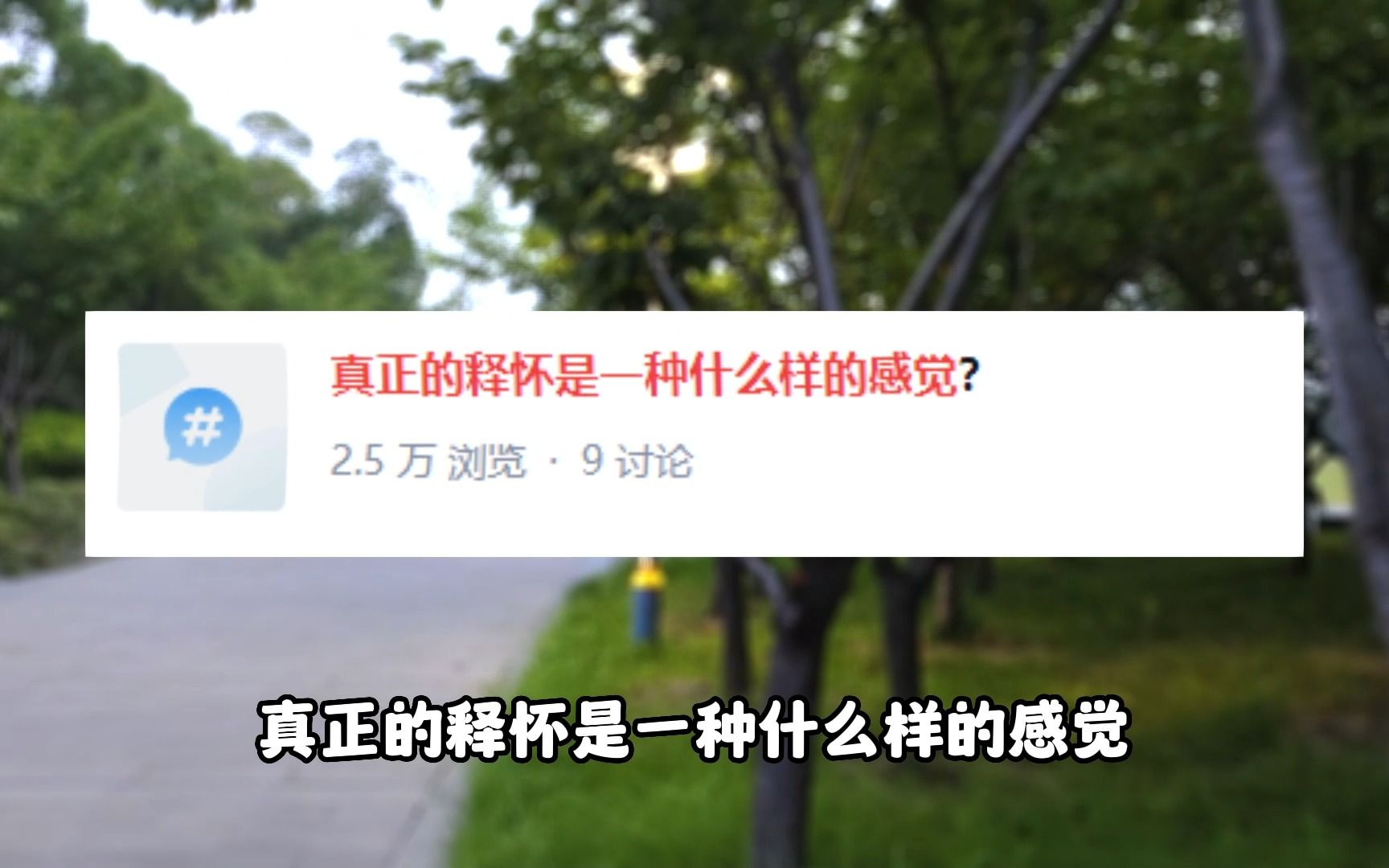一、特殊疑问词 why, what 和 where
(一)why
1.含义:why 意为“为什么”,是一个疑问副词,用于引导特殊疑问句来询问原因。
2.用法:
(1)在一般现在时的特殊疑问句中,如果句子的谓语动词是实义动词,主语是第三人称单数,那么 why 后面的助动 词就用 does,否则用 do,句中的谓语动词均用原形。例如:
Why does he go to the hospital?(他为什么去医院?)
Because he is ill.(因为他病了。)
(2) Why 还可以用于向别人提出建议,句型为“Why dont you 动词原形 其他?”或“Why not 动词原形 其他?”,意为“为什么不……呢?”。例如:
Why dont you go out for a walk?(你为什么不出去散散步呢?)
(二)what
1.含义:what 意为“什么”,是一个疑问代词,用于引导特殊疑问句来询问事物、行为或职业等。
2.用法:
(1)对主语提问:
What is in your pocket?(你口袋里有什么?)
(2)对宾语提问:
What did you buy?(你买了什么?)
(3)询问职业:
What is your mother?(你妈妈是干什么的?)
注意,What is 人?此句型是问人的职业,一般译为“是 干什么的?”。
(三)where
1.含义:where 意为“哪里”,是一个疑问副词,用于引导特殊疑问句来询问地点或位置。
2.用法:
(1)询问具体地点:Where do you live?(你住在哪里?)
(2)在句子中作状语,不能对主语提问。例如:I am going to Japan.(我准备去日本。)回答只能用表示地点的词语或句子,如:In Tokyo.(在东京。)
(四)注意事项
特殊疑问句不能用 yes 或 no 来回答,而是需要给出具体的答案。
在实际运用中,特殊疑问句的结构可能会有所变化,但基本遵循“疑问词 助动词/be 动词/情态动词 主语 谓语 其 他成分”的规则。
二、可数名词单复数
(一)可数名词的定义 可数名词是指可以数清数量的名词,它们有单数和复数两种形式。当指一个人或一件事物时,用单数形式;当指两个或多个人或事物时,用复数形式。
(二)可数名词单数变复数的规则
1.一般情况:在词尾加-s。
例如:
book(书)→ books
car(汽车)→ cars
2.以 s、x、ch、sh 结尾的名词:在词尾加-es。
例如:bus(公共汽车)→ buses
watch(手表)→ watches
3.以辅音字母 y 结尾的名词:先将 y 改为 i,再加-es。
例如:city(城市)→ cities
factory(工厂)→ factories
但注意,以元音字母 y 结尾的名词,复数形式只加-s,如:
boy(男孩)→ boys(男孩们)。
4.以 o 结尾的名词:多数加-es,如:
hero(英雄)→ heroes
potato(土豆)→ potatoes
但也有例外,如:
zoo(动物园)→ zoos
radio(收音机)→ radios
此外,某些外来 词也只加-s,如:
photo(照片)→ photos
piano(钢琴)→ pianos。
5.以 f 或 fe 结尾的名词:多数将 f 或 fe 改为 v,再加-es。例如:
leaf(叶子)→ leaves
half(一半)→ halves
但也有例外,如:roof(屋顶)→ roofs
6.不规则变化:有些名词的复数形式是不规则的,需要单独记忆。例如:
man(男人)→ men
woman(女人)→ women
tooth(牙齿)→ teeth
foot(脚)→ feet
child(孩子)→ children
mouse(老鼠)→ mice
(三)可数名词单复数在实际语境中的应用
1.在句子中作主语:
单数形式:
The book is on the table.(书在桌子上。)
复数形式:The books are on the table.(书在桌子上。)
2.在句子中作宾语:
单数形式:I like this book.(我喜欢这本书。)
复数形式:I like these books.(我喜欢这些书。)
3.在句子中作定语:
单数形式:a red book(一本红色的书)
复数形式:red books(红色的书)
(四)特殊名词单复数
1.单复数形式相同的名词:有些名词的单数和复数形式是相同的,如:Chinese(中国人),Japanese(日本人), sheep(绵羊),deer(鹿),fish(鱼,当表示不同种类的鱼时,可以加复数词尾-es 变为 fishes,但通常 fish 作“鱼” 解时仍被视为不可数名词,其复数形式表示“鱼的条数”而非“鱼的种类”)。
2.集体名词:有些集体名词只用作复数形式,如:people(人们),police(警察)。这些名词在句子中作主语时,谓语动词要用复数形式。例如:
The people are happy.(人们很高兴。)
3.不可数名词:与可数名词相对的是不可数名词,它们没有单复数之分,通常表示抽象概念、物质或液体等。不 可数名词的量度通常用“数词 量词 名词”的结构来表示。例如:
a piece of bread(一片面包),a bottle of milk(一瓶牛奶)。
--同步训练---
一、语法单项选择
1.—Where is Jack?
—He with Jim _____ in the school library.
A.is reading
B.are reading
C.reads
D.read
2.— _____ is Zibo getting popular these days?
—Because of its barbecue (烧烤).
A.When B.Where C.What D.Why
3.— _____ is the book sale?
— Its in the library.
A.How B.When C.Where D.What
4.— _____ do you eat vegetables?
—To be healthy.
A.When B.Where C.What D.Why
5.—Mum is too busy to make dinner for us.
—Lets do it ourselves, _____ we shouldnt depend on our parents too much.
A. so B.because C.but D.or
6.— Where _____ Kathy _____ from?
— She comes from the USA.
A. does;/
B.is;come
C.are;come
D.does;come
7.— _____ do you want to see them?
— _____ theyre interesting.
A. Why;So
B.Why;Because
C.Because;So
D.So;Why
8.— _____ is the weather like today?
—It’s sunny. The children _____ kites in the park.
A.What, is flying
B.What, are flying
C.How, are flying
D.How, is flying
9.There are many _____ on the farm and they are lovely.
A.sheep B.cow C.mouse D.horse
10.There is some _____ in the table.
A.tomato B.egg C. milk D.rice
二、语法单句填空。用括号中所给单词的适当形式填空。
1.The teacher asked the students to bring their _____ (notebook) to class.
2.Look at those _____ (tomato) on the vine; they are so red and juicy.
3.My family and I enjoy watching _____ (documentary) about nature.
4.The library has a large collection of _____(storybook) for children.
5.The _____ (policeman) are investigating the case of the stolen jewels.
6.In the summer, we often go to the beach to swim in the _____ (wave).
7.The _____ (mouse) in the kitchen are driving us crazy!
8.The _____ (leaf) on the tree are turning yellow as autumn approaches.
9.The _____ (photo) on the wall are taken by my father during his trip to Europe.
10.The _____ (family) who live next door are very kind and helpful.
11.Our school has a lot of _____ (activity) for students to participate in after school.
12.My brother and I enjoy playing _____ (chess) together in our free time.
13.There are many _____ (wolf) in the forest at night.
14.The _____ (child) in the orphanage need more love and care from society.
15.My sister loves reading different kinds of _____ (story).
三、按要求完成句子,每空一词。
1. That panda comes from China.(对画线部分提问)
_____ does that panda _____ _____ ?
2.Tom and Jerry like pet dogs because they are very cute.(对画线部分提问)
_____ Tom and Jerry _____ pet dogs?
3.The koala comes from Australia.(改为同义句)
The koala _____ _____ Australia.
4.Dolphins can help people because they are smart.(改为同义句)
Dolphins are smart, _____ they can help people.
5. My school is very beautiful now.(对画线部分提问)
_____ is _____ school now?
四、语法填空。阅读下面短文,在空白处填入一个适当的单词或括号内单词的正确形式。
Julia is my good friend. She is an 1._____( Australia). Its Sunday today. The weather is 2._____(sun). She gets up at seven. After 3.(have) breakfast,she does her homework from nine 4._____ eleven. In 5._____ afternoon, she goes to the zoo with her parents. She loves animals. There are many kinds of 6._____(animal) in the zoo, such as lions, tigers, elephants, pandas and koalas. Julia likes the pandas. They are from China.They are shy, so she cant be 7._____( noise) when she gets close to (靠近)them. The lions are from Africa. Julia doesnt likethem, 8._____they are scary. Julia takes many photos of the animals there. She wants to show 9._____(they) to her friends next week. Now, she is watching Animal World on TV in the living room. She thinks this TV show is very 10._____ (interest).She can know a lot about animals.
---参考答案---
一、DCDBD BBACA
二、1.notebooks 2.tomatoes 3.documentaries 4.storybooks 5.policemen 6.waves 7.mice 8.leaves 9.photos 10.families 11.activities 12.chess 13.wolves 14.children 15.stories
三、1.Where;come from 2.Why do;like 3.is from 4.So/And;5.How;your
四、1.Australian 2.sunny 3.having/eating 4.to 5.the 6.animals 7.noisy 8.because 9.them 10.interesting
---Good luck---









